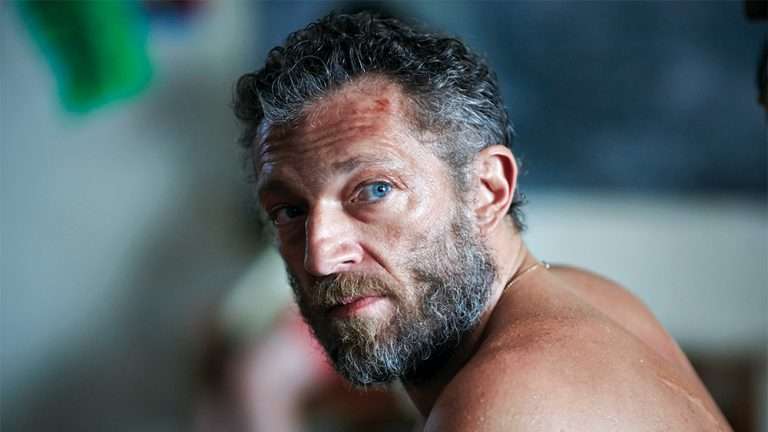Actors Earned Oscar from their First Nomination: With the 96th Academy Awards looming, it is only natural to peer through the rich history of The Oscars. Created by the Academy of Motion Picture Arts and Sciences (AMPAS), the Academy Awards became the gold standard in artistic and technical achievement in film for the given year. Since 1929, there have been ceremonies dedicated to this awarding of excellence, acting as a collective celebration of the film industry. Much like Hollywood’s glamorous and fascinating stories on the silver screen, narratives about the vaunted Oscar have become commonplace at every event over the years. With the Oscars being the culmination of the awards season, patterns emerge from the road that tells extraordinary stories of their victors.
These arcs for many who win the Oscar are predominantly seen through its most significant and popular branch: the Acting Awards. The stories during the Oscar race have varied through the years. There are comeback performances of once respected thespians to the championing of performers who have long been overdue an award. For example, last year’s event celebrated both types of tales, with Brendan Fraser (Best Actor) and Ke Huy Quan (Best Supporting Actor) making heartfelt comebacks to win the Oscar. In the other categories, Michel Yeoh (Best Actress) and Jamie Lee Curtis (Best Supporting Actress) emerged victors not just for their performances that year but also for their body of work. The categories also determine award victories.
More often than not, the supporting actor categories have seen winners who have been veteran character actors who define the word supporting. For example, after decades of making his name with small but vital parts, JK Simmons finally secured an Oscar for his iconic turn in “Whiplash.” Leading actor wins are far more varied. We see actors toil to secure that coveted Oscar after lengthy careers, shining the light on some of Hollywood’s best and brightest. However, actors often make big breakthroughs in the industry before securing their first Oscar for that major performance.
In some exceptional cases, some performers made their breakthrough in Hollywood while simultaneously winning the Oscar for that very same performance. Those magical moments are few and far between, yet this highlights the talent it takes to truly make a name in the cinematic art form. Surprisingly, in many of these cases, the winning performers aren’t just making a breakthrough but also making their debut in film and even acting altogether.
The ten performers and performances listed chronologically exemplify this greatness.
1. Audrey Hepburn
Best Actress in a Leading Role for Roman Holiday (1953)
We begin with a leading debut that won plaudits on the run to the 26th Academy Awards. Audrey Hepburn had already made waves on the stage and played bit parts as an extra in movies. “Roman Holiday” was her real coming out party as one of the finest actors and style icons of the Golden Era. Playing the role of Princess Ann, Hepburn brings out an innocent elegance visible from the first frame as the Princess makes her way across Europe amidst fanfare. The real challenge came with the coming-of-age arc, nestled within the romantic genre. Ann desires more out of life than the strict regiment expected of someone from her position. When she escapes her grand mansion, she begins to understand life on the streets of Rome thanks to a charming but desperate reporter, Joe Bradley (Gregory Peck).
Hepburn lights up the screen with charm, but she adds to that innocence with a feisty spirit seen through many of the couple’s escapades across Rome. In her first significant role, it’s clear to see why she became the star she did. In the climactic sequence, Ann must adhere to her position for the betterment of people and say goodbye to Bradley. The scene packs an emotional punch elevated by Hepburn’s childlike sadness and yet manages to showcase her maturity beyond her age. Hepburn is the kind of beauty and brilliance that wins accolades as an actor. Her Oscar-winning speech, full of emotion but with an endearing demure quality, adds to the balance she brings in her performance as Princess Ann. Though she would never win another Academy Award as an actor, this victory and the role launched her into stardom that goes beyond any reward.
2. Julie Andrews
Best Actress in a Leading Role for Mary Poppins (1964)
There’s a healthy irony to Julie Andrews following Audrey Hepburn, winning her Oscar in her film debut for “Mary Poppins.” At the time of the film’s production, Julie Andrews had already been a well-respected actor on stage. She was well known, especially for originating the role of Eliza Doolittle from “My Fair Lady” on Broadway. Despite these credentials, thanks to Jack Warner, Hepburn would replace her in the screen adaptation.
The ensuing incident became a blessing in disguise as Disney was more than willing to accommodate Andrews for the role of Mary Poppins. Julie Andrews, in turn, delivered as expected, with a buoyancy and charm that brought the character to life in the dimensions Disney wanted the film to go. It isn’t just that Julie Andrews is a magnificent singer, adding to the energy of the musical set-pieces. She also gives the titular character the range between a friend and mother to the children in the film.
Mary Poppins brightens the life of Jane and Michael Banks, ultimately enchanting the entire Banks family to live and love life and each other to the fullest. None of that sweetness can translate without the winning smile and work of Julie Andrews. The Academy would no doubt agree, awarding her the best actress at the 37th edition of the Oscars. The character’s wit is encased by a humble grace as she gives her winning speech. Losing one role but winning another and winning even more because of it is like a spoonful of sugar that makes the medicine go down.
3. Barbra Streisand
Best Actress in a Leading Role for Funny Girl (1968)
Continuing the streak of debutant Oscar winners, we arrive at Barbra Streisand in “Funny Girl.” Few film titles could be such a perfect descriptor not just for the film’s protagonist but also for its leading actor and career. Barbra Streisand put a prolific theatre career behind her, including playing the titular character on Broadway before bringing her to life on the silver screen.
Fascinatingly, she wouldn’t take the Oscar all on her own, sharing it with Katherine Hepburn (“The Lion in Winter”) in the first and only instance in Academy Awards history. A draw begs the question of whether Streisand was that good; the opening scene of William Wyler’s Musical Biographical proves the point. Despite suffering years of yearning for her lover in prison, Fanny Brice never lets it show on her face or body. She is a golden star of the theatre world and knows it as she struts to work on the day her husband, Nicky Arnstein (Omar Sharif) is set to be released.
Before the show, she gets to reminiscing as William Wyler takes Fanny on a journey of struggle to stardom and finally heartbreak. Streisand straddles every peak and valley of the protagonist’s journey, adding the spice of her humor that makes her such an influential actor and comedienne for generations. When confronted with a whirlwind romance that turns into a complicated marriage, Streisand works wonders even when she isn’t asked to sing.
Speaking of, there’s another layer to working in front of the camera that makes the film debut such a significant breakthrough. Though poor at lip-syncing, Streisand and William Wyler used this to their advantage. She delivers a more dramatic rendition of her show-stopping number ‘My Man’ by singing a portion live during filming in close-up, truly cinching that Oscar. That she did so on her debut, sharing it with perhaps the most excellent actress of all time, is enough said.
4. F. Murray Abraham
Best Actor in a Leading Role for Amadeus (1984)
Like the other actors on the list, Abraham had quite a prolific career in theatre before making the leap to film. His journey in cinema would be filled with bit parts and supporting acts, none elevating him to prestige status quite like Milos Forman’s “Amadeus.” “Amadeus” is the fictionalized story of Wolfgang Amadeus Mozart (Tom Hulce) and his rivalry with Italian composer Antonio Salieri (F. Murray Abraham). Though aptly named after Mozart, the film’s narrative focuses on the envy that consumes Salieri as he witnesses the talent of a man far greater than himself. Ironically, the two leading actors would both be nominated for Best Leading Actor at the 57th Academy Awards, with Abraham winning the award.
Abraham infuses the damned Salieri with incredible pathos. Salieri’s efforts to surpass Mozart’s greatness at any cost become increasingly toxic and pathetic. Yet, Abraham flawlessly portrays the human core of what it means to want something and realize you’re just not good enough. It’s a universal tale told through a heartfelt performance deserving more than just accolades. The word ‘Heartfelt’ comes to mind when Abraham received his Oscar, wishing he could have Hulce by his side to share it for both their characters.
5. Daniel Day-Lewis
Best Actor in a Leading Role for My Left Foot (1989)
Daniel Day-Lewis made a big splash in films with “My Beautiful Laundrette” and “The Unbearable Lightness of Being.” However, his first Oscar nomination and win would affirm his now-renowned acting process. A method actor who sank deeply into his roles, sometimes to his detriment, Day-Lewis would end his career with two more Oscars. All the roles are so varied and fascinating it would be difficult to pick his best work. Yet the method of his performances creates such magic that his performance in “My Left Foot” becomes celebratory. In the biographical film, Day-Lewis plays Christy Brown, a man afflicted with cerebral palsy learning to paint with his functioning left foot.
Much like he mentions in his award-winning speech, half the credit for the role goes to Hugh O’Connor for portraying the young Christy Brown. This doesn’t take away from Day-Lewis’s heartfelt rendition of the man; this included maintaining his character off-screen. Daniel Day-Lewis took upon the performance as a challenge, unwilling to believe some of the actions in life could be performed with just one foot. Day-Lewis’s strong desire pushed him to take upon this daunting act and live it to the fullest.
Also related to Oscar First Nomination: 10 Actors on the Verge of Their First Oscar Nominations
6. Kathy Bates
Best Actress in a Leading Role for Misery (1990)
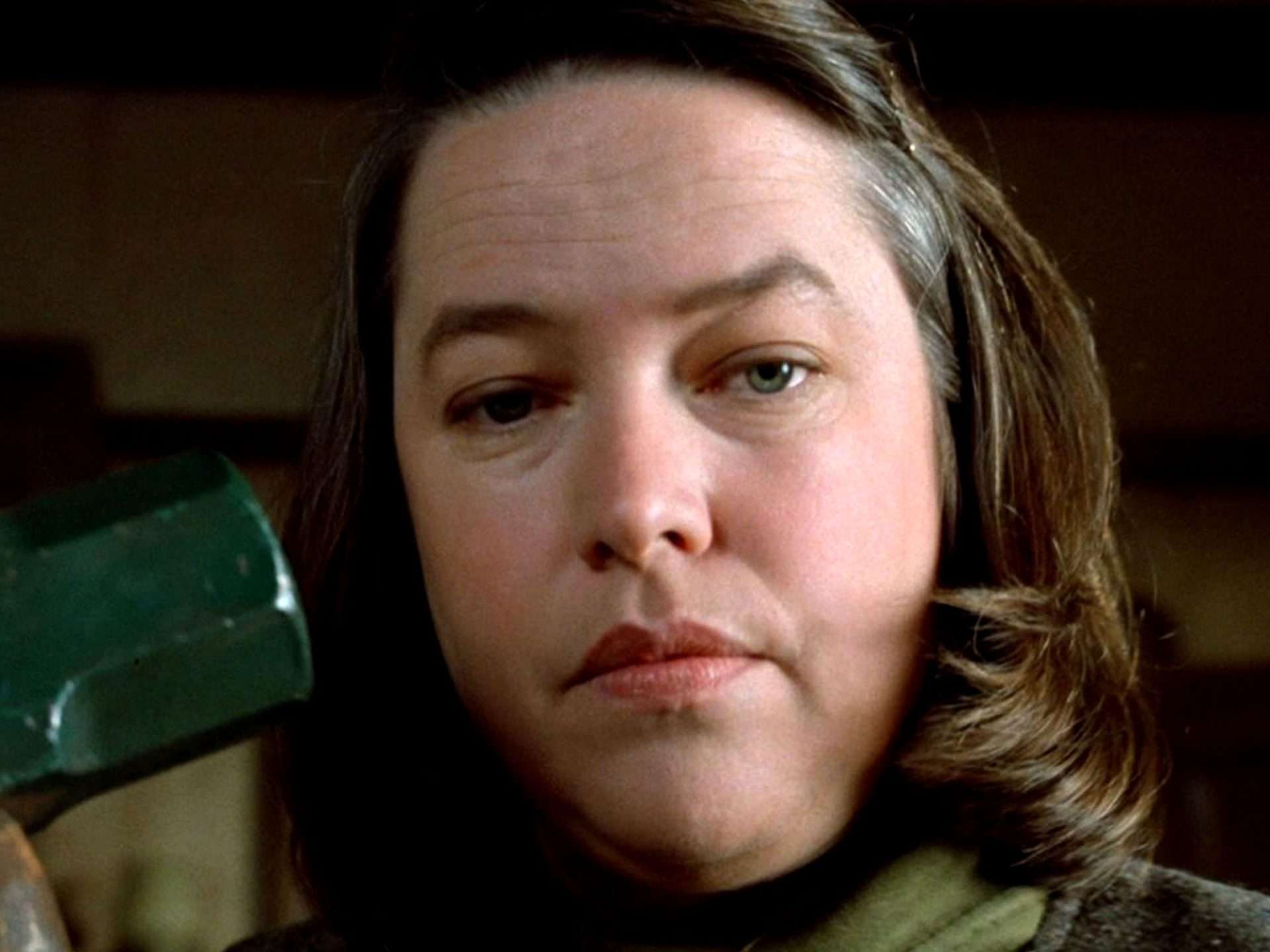
A year later, Daniel Day-Lewis returned to the Oscars stage to pass on the award for Best Actress to Kathy Bates. In her wholesome winning speech, there’s a cheeky twinkle to her appreciation for the cast, crew, and Stephen King for writing and allowing “Misery” to be adapted. It’s stark in contrast to her vacant and fearsome performance as the film’s villain.
Acting as a two-person face-off for the most part, “Misery” stars James Cann as famed novelist Paul Sheldon. His series of Victorian romance novels featuring the protagonist Misery Chastain is a huge hit, but Paul looks to escape her shadow and begin a new post-Misery career. Caught in an accident from a blizzard when traveling home, a severely injured Sheldon finds himself in the remote home of Annie Wilkes (Kathy Bates).
Wilkes is a huge fan of Misery and her adventures, troubled to learn that Paul plans to kill off Misery in his next novel. Tensions ensue as Wilkes proves to be deranged and a formidable physical foe for the broken-down Paul, with no way to escape this hell. Bates’s delightful physicality hides a monstrous performance that runs on a single track; however, the delivery of the subtext behind her madness makes this a forceful turn.
With the aid of Rob Reiner and the writing of King and William Goldman, Kathy Bates embodies this role with delicious energy. She lets the juicy writing pull off the effective balance between dark comedy and thriller while existing as the classic Horror movie villain. Kathy Bates, who had already dipped her toes into film acting, swims comfortably against James Cann and easily steals the film from the veteran thespian.
7. Anna Paquin
Best Supporting Actress for The Piano (1993)
While the transition from the stage to the screen is difficult, few make the leap right to film, and few deliver a performance of such detailed nuance. To do so at the tender age of ten is undoubtedly miraculous. The overwhelming reception caught eleven-year-old Anna Paquin so off-guard that it took some heavy breathing before she could thank everyone for the moment.
A well-deserved one at that, with Paquin being the second youngest Oscar winner of all time. Her performance speaks to not only Jane Campion’s fine direction but also her emotional maturity in a profoundly melancholic film. Flora (Paquin) is the daughter and voice of her Scottish mother, Ada McGrath (Holly Hunter). Ada speaks to her through sign language, and her treasured piano after a childhood incident renders her mute.
Ada is sold off as a bride in the 1800s to New Zealand frontiersman Alisdair Stewart (Sam Neill). Despite her attachment to the piano, she is forced to abandon it at the beachhead, eventually procured by another man, George Baines (Harvey Keitel). Baines thrusts her into a romantic dilemma in return for the piano. The evolving nature of their sexual relationship becomes the central conflict of the film.
Paquin’s role in the entire conflict is vital, not just because she acts as the voice for Ada. Her performance tumbles through complex emotions that can impact the young character’s psyche, witness her mother’s infidelity, and a growing admiration for her new father. Yet none of the heavy material sinks the innocent levity she brings to the role. Earning the role through a monologue about her father that Paquin pulls off with sweetness, the transparency of her act comes full circle in her delightful winning speech.
8. Adrien Brody
Best Actor in a Leading Role for The Pianist (2002)
While Brody is currently seeing a resurgence in his career as a character actor, it felt like his win at the Oscars was an anomaly at one point in time. On the given night, at the ripe age of 29, Adrien Brody bested the likes of Nicolas Cage, Michael Caine, Daniel Day-Lewis, and Jack Nicholson.
It became only natural for pundits to assume that Brody snuck into victory due to a voting split in the ballot. Sadly, such baseless speculation is a disservice to the strenuous effort the actor put into his performance to embody the real-life story of Holocaust survivor Wladyslaw Szpilman. Brody, who had already starred in numerous films, including winning an Independent Spirit Award, caught the eye of Roman Polanski for his performance in “Harrison’s Flowers.”
Brody delivered an absolute master class in approaching this daunting role and using it to deliver the character’s internalized journey of pain and tragedy. These little details are on full display, with the actor mastering classical piano pieces as well as consistently losing weight to depict the tormenting journey the man went through. The result was an Academy Award, which remains the benchmark of Adrien Brody’s inconsistent career. Adrien Brody hasn’t really held up to the potential of that first win. Yet, in supporting parts for directors like Wes Anderson, Brody reminds the world why he deserved that Oscar.
9. Christoph Waltz
Best Actor in a Supporting Role for Inglourious Basterds (2009)
In an interview, Quentin Tarantino mentioned that he wouldn’t have made this film if he hadn’t found the appropriate actor to portray Colonel Hans Landa. Enter Christoph Waltz, a stage and film/TV actor in his native Austria, Germany, and around Europe. Waltz was a relatively unknown face in Hollywood when he picked up the aforementioned role that had passed many eyes, essentially bringing the movie into existence, as Tarantino claims.
It’s easy to see why Tarantino would say that and why the Academy agrees. From the opening scene, Waltz displays a tightrope act between simmering menace and hubris with a light, playful touch. In his hands, Hans Landa’s pantomime acts become a grounded expression of the Third Reich’s villainy without losing the film’s comic touch.
Waltz swallowed the picture whole and was quite the sensation in 2009, not just at the Oscars but worldwide. The role of a lifetime is a golden opportunity few actors get, but rare actors like Waltz take that role and rise above it time and again. Years later, reunited with Tarantino for a second time, Waltz would deliver yet another Oscar-winning performance. In a roundtable interview discussing Waltz, Jamie Foxx would state that Christoph’s process is pretty simple. The actor memorizes his lines and reads them straight during rehearsals. Bring the camera into the equation, and that effortless performance creates an alchemic reaction. Basically, Waltz delivers the kind of acting that turns into gold statues.
10. Lupita Nyong’o
Best Actress in a Supporting Role for 12 Years a Slave (2013)
Coming full circle to the end of the list, we have another feature film debut, resulting in an Academy Award. Lupita’s performance in “12 Years A Slave” was the first time she’d come to face the daunting arc lights of a prestigious Hollywood production. She tackles a minuscule role in Solomon Northup’s (Chiwetel Ejiofor) long, suffering journey.
Nevertheless, Lupita’s Patty is the film’s emotional core, detailing the tragic stories of African slaves in the USA during the 19th century. Unlike Northup, who is falsely abducted and sold into slavery in the South, Patty has known nothing but a life of servitude. Her arc of suffering under her masters is the most brutal depiction of violence in the film by Steve McQueen.
Lupita Nyong’o, who would prove to become a stellar actress, carries the horror of her situation and times with profound emotional dignity. The performance could easily slip into melodrama, but she brings great subtlety to the role even when tearing up in pain. It adds to the weight of the themes the film explores, the ideal definition of a supporting act.
That humility she brings to playing a part in a team effort ultimately translates into her acceptance speech. Hauntingly, Lupita reminds the audience that the moment that made her a star was only possible by the suffering of a woman much like her, seeking freedom and acceptance. The moment validates the breakthrough of not just her but countless other actors who dream of performing on the silver screen one day.

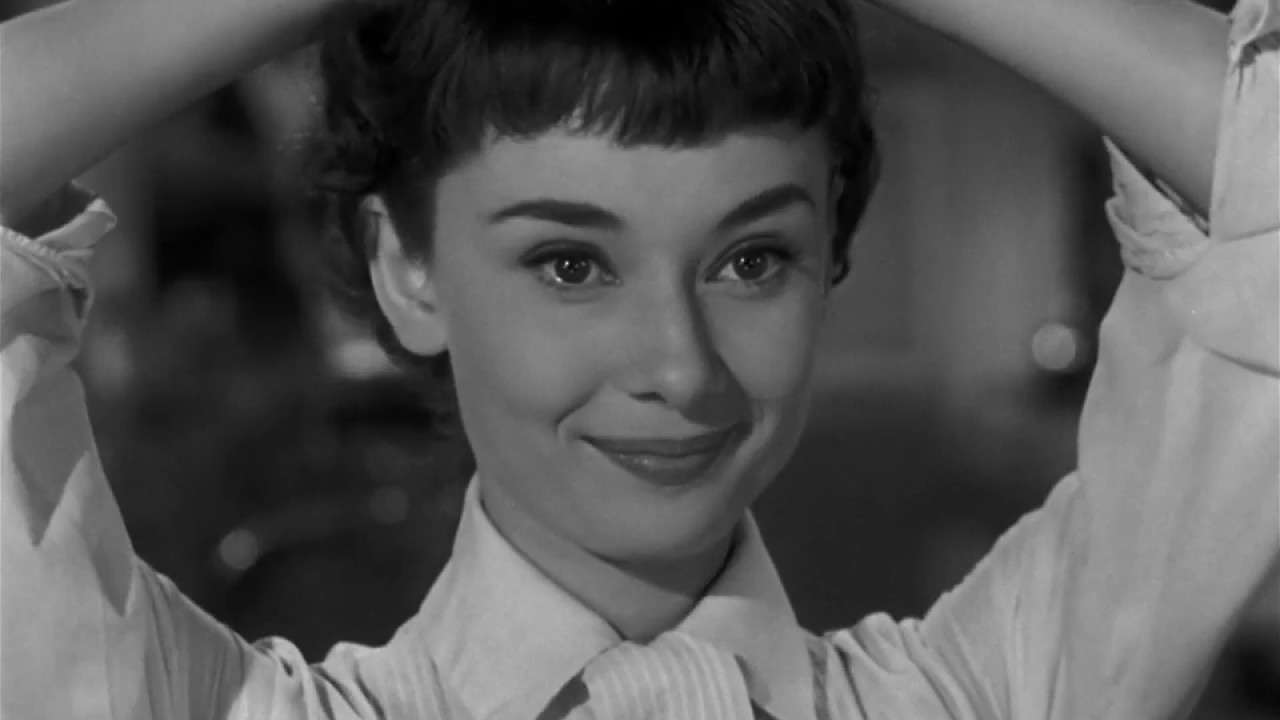
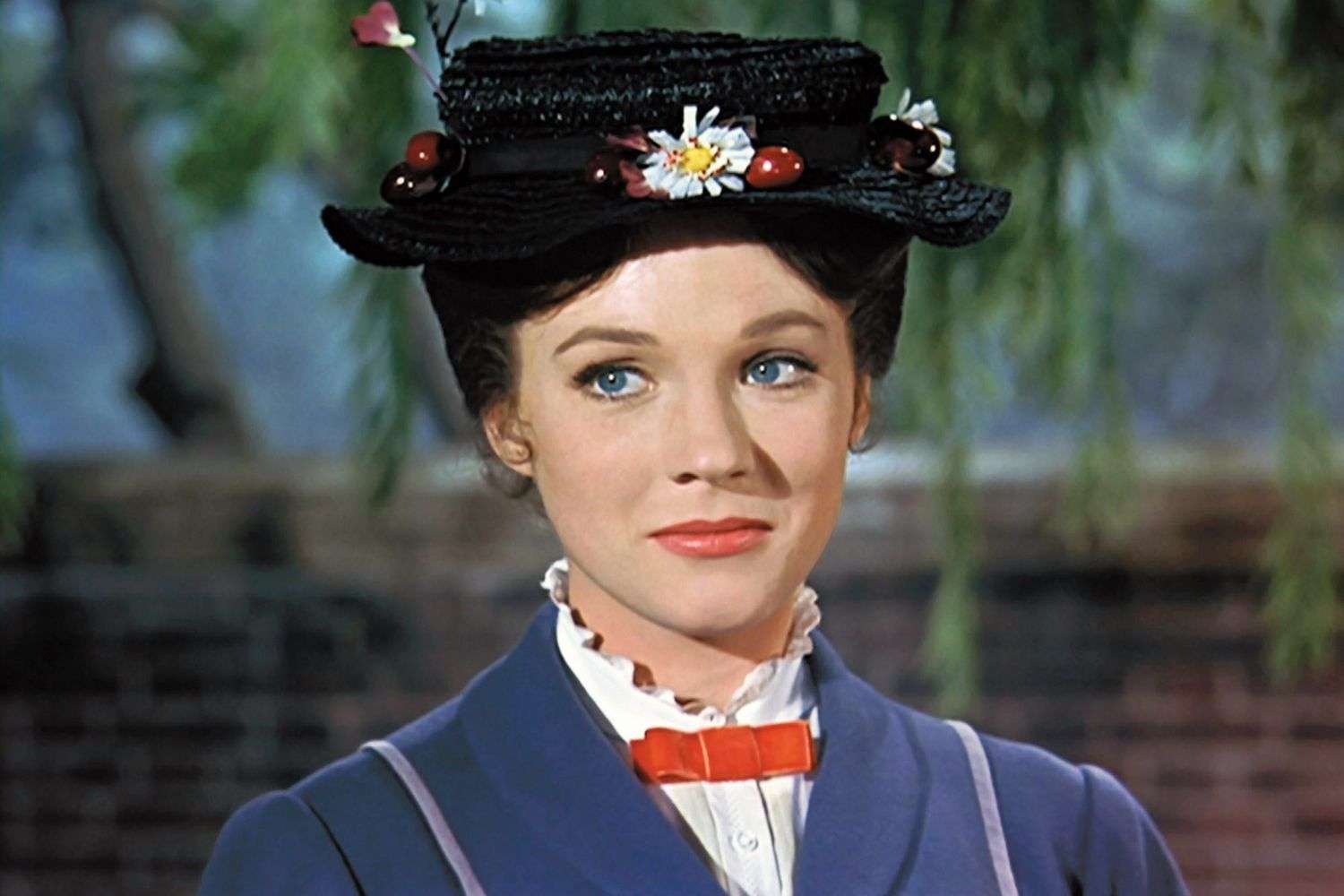
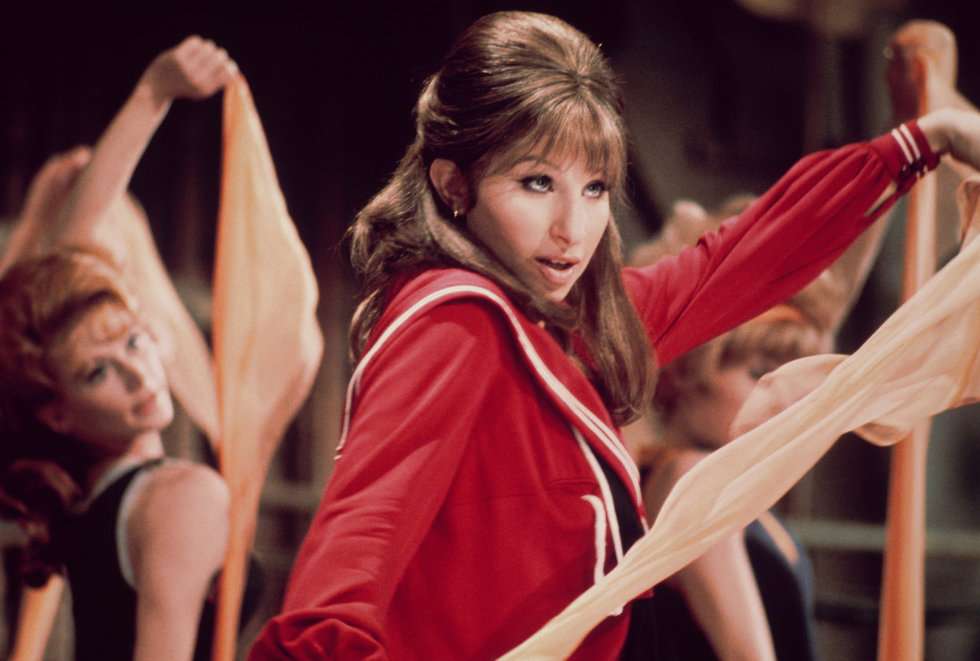
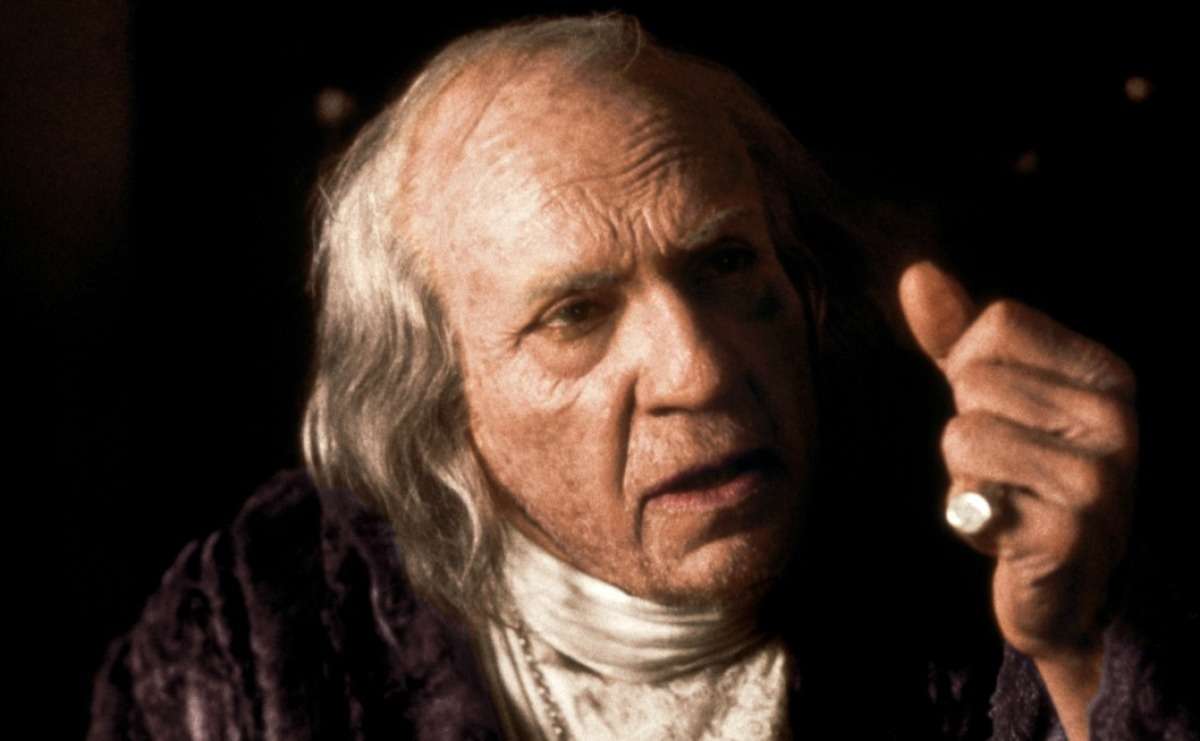
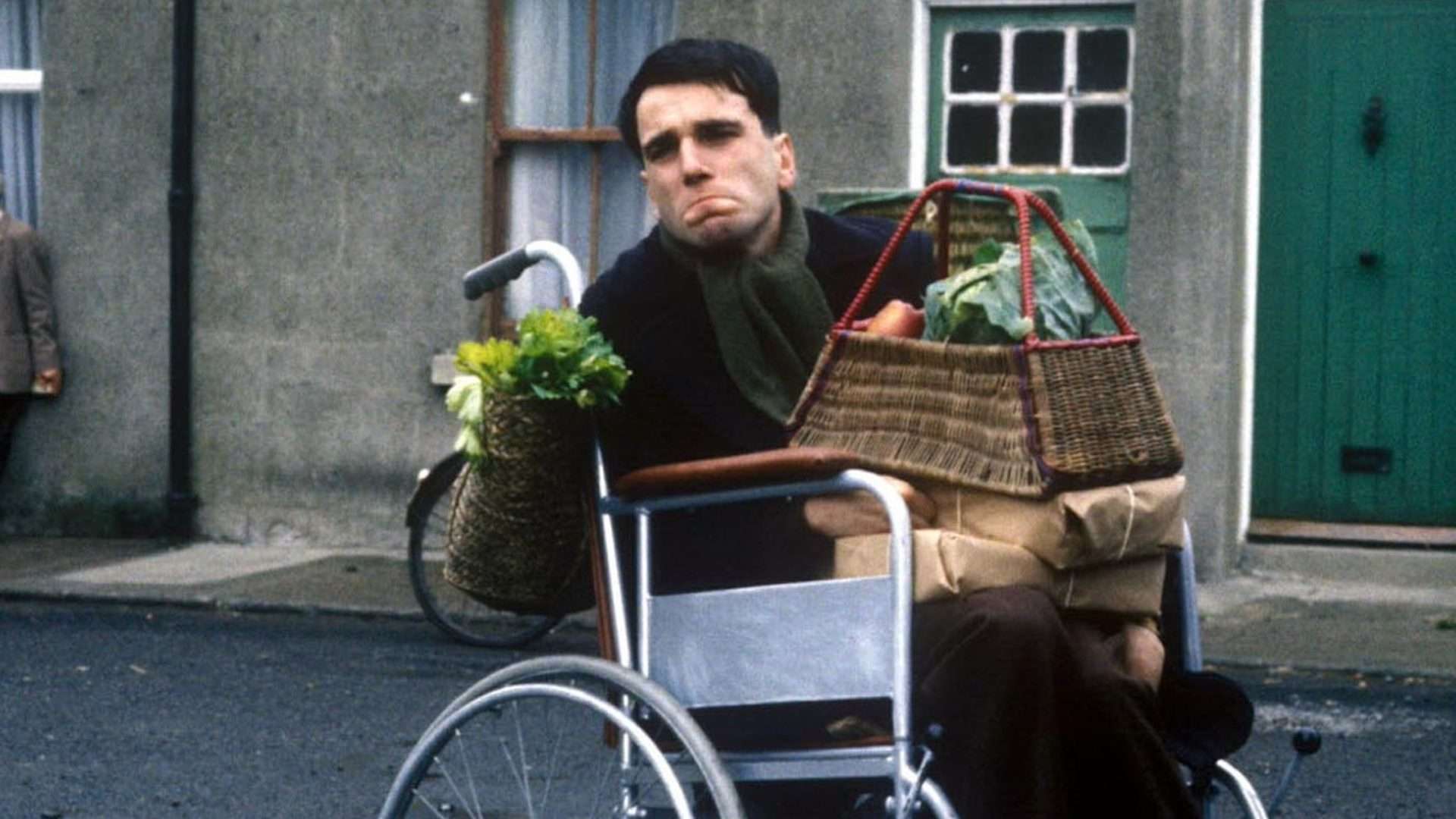
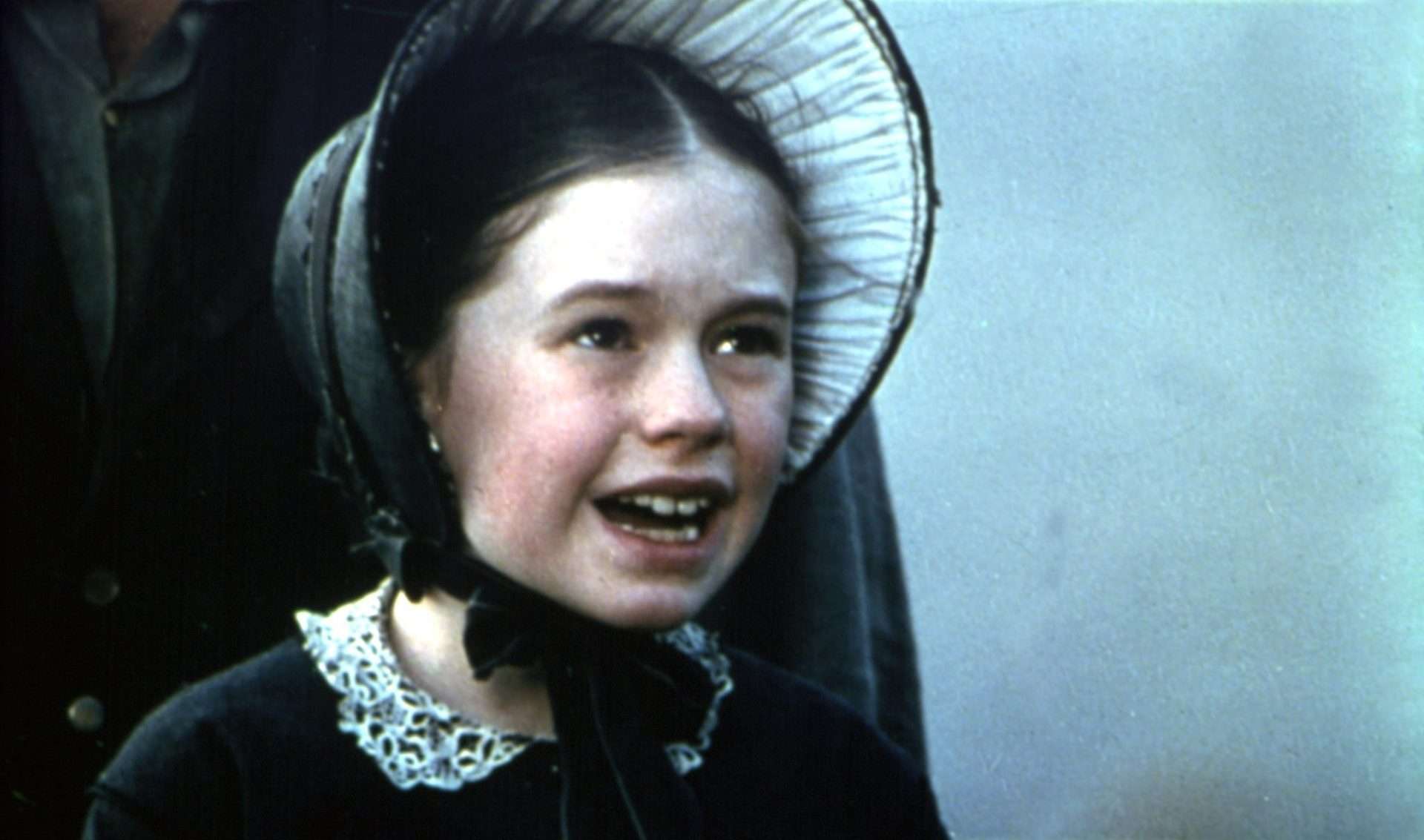
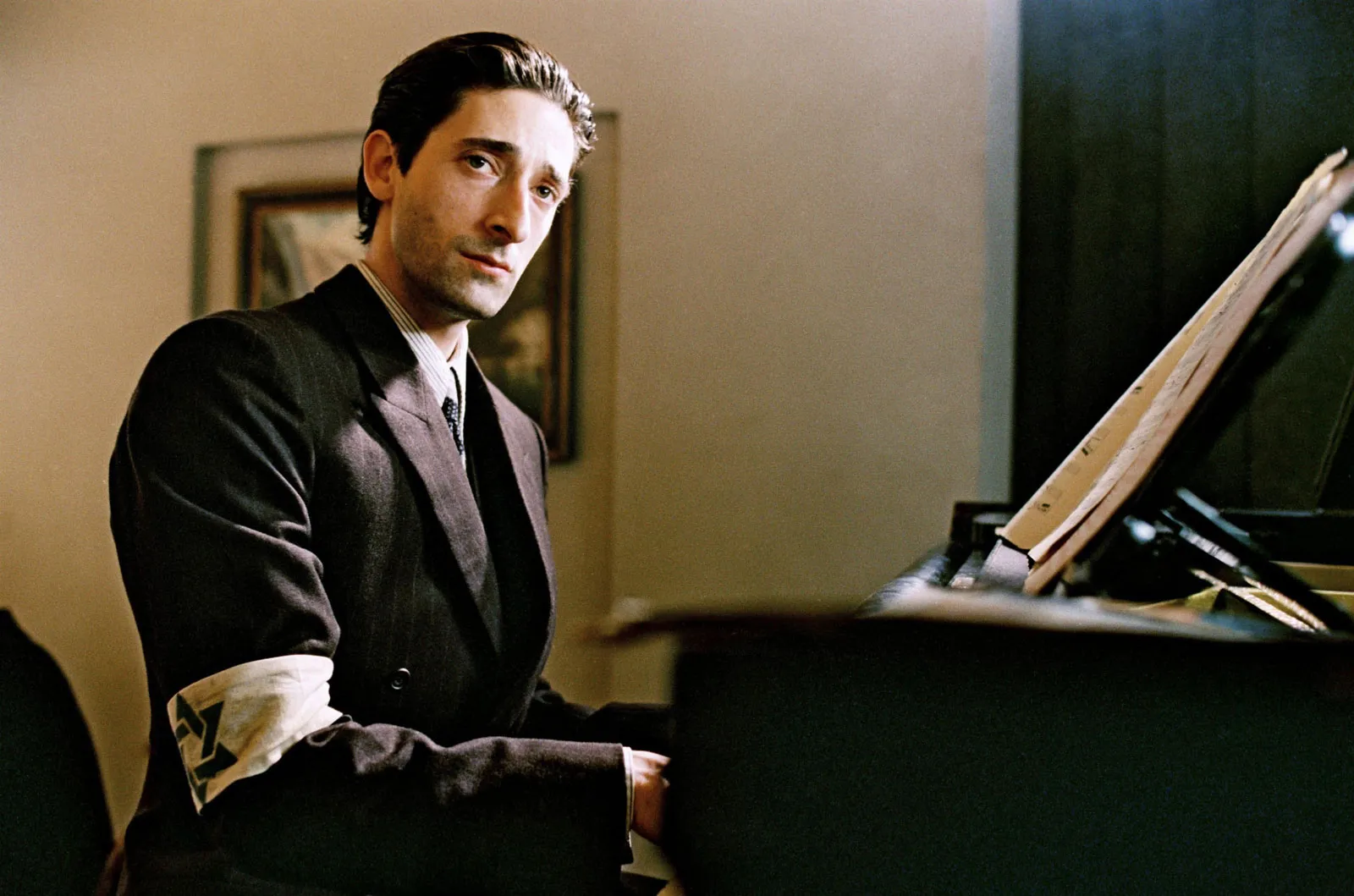
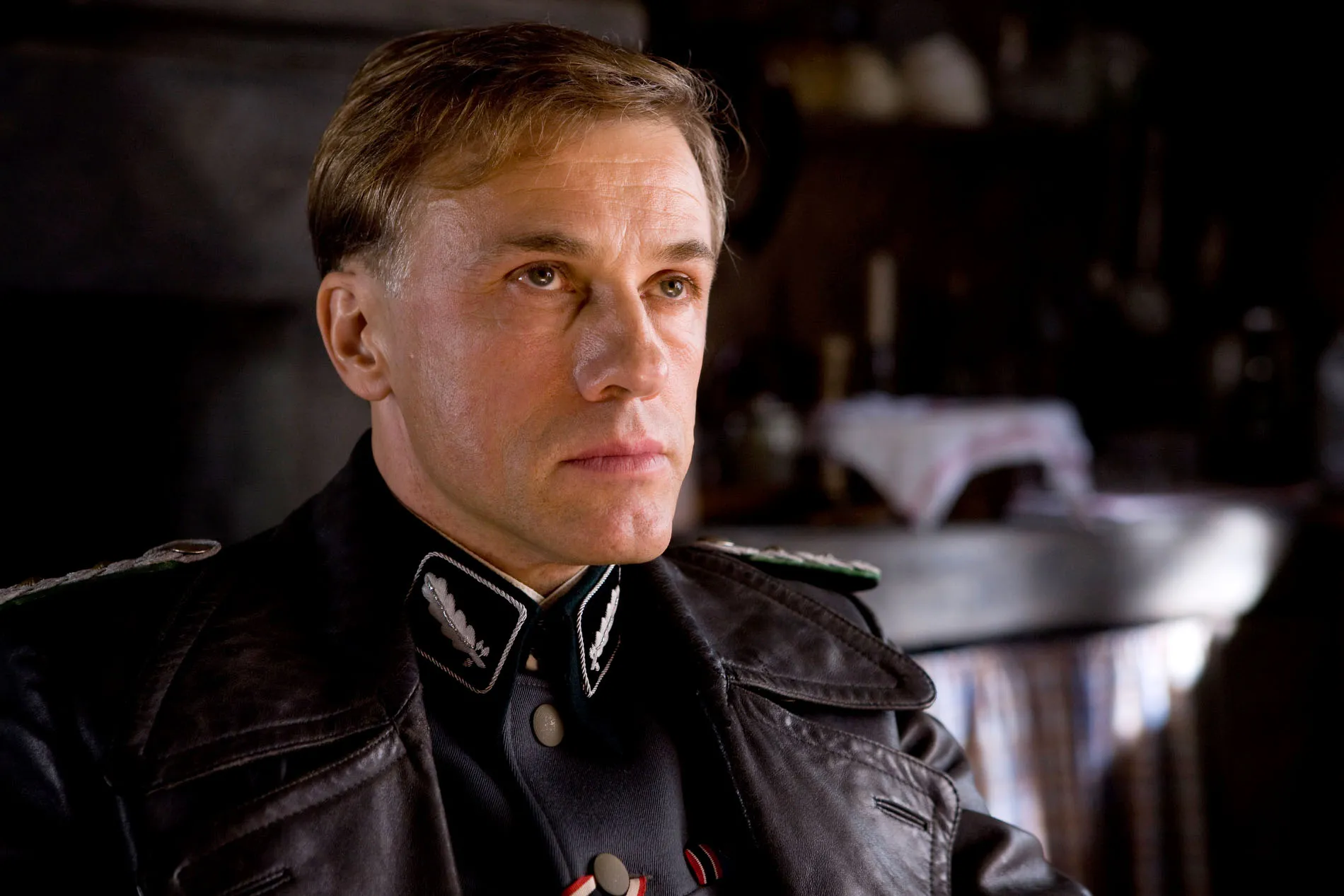
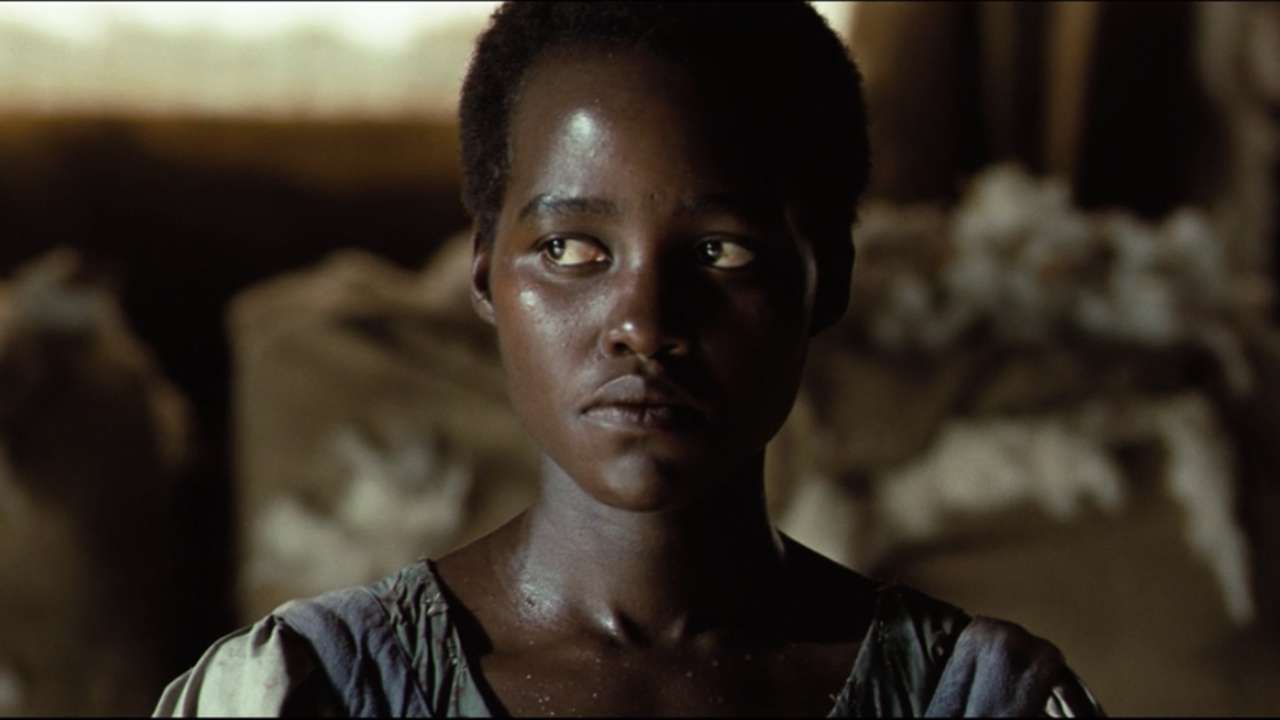
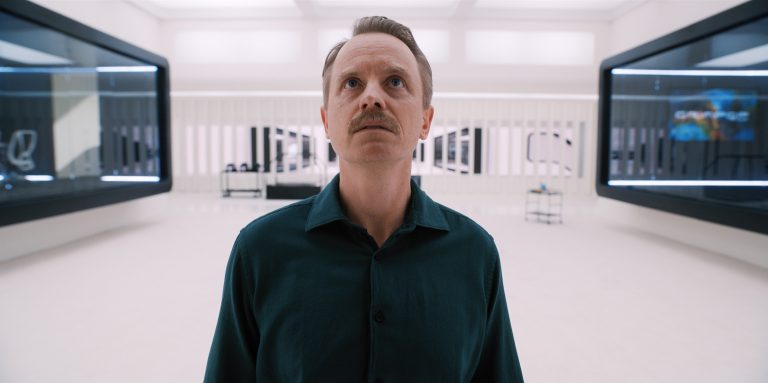
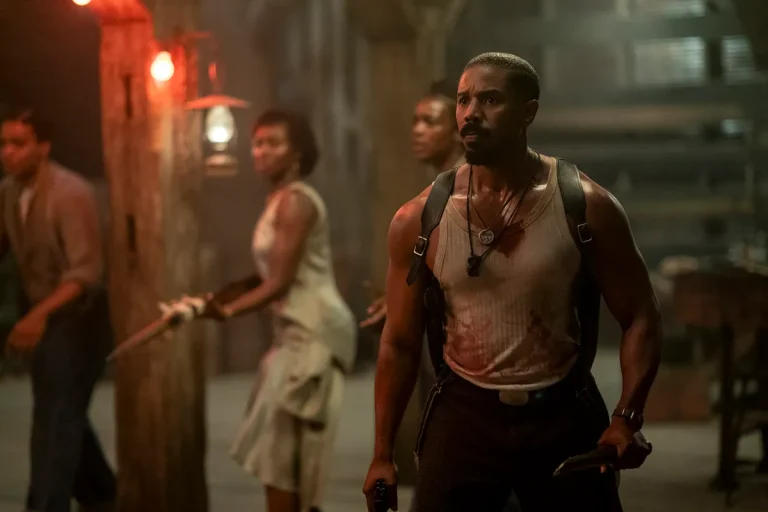

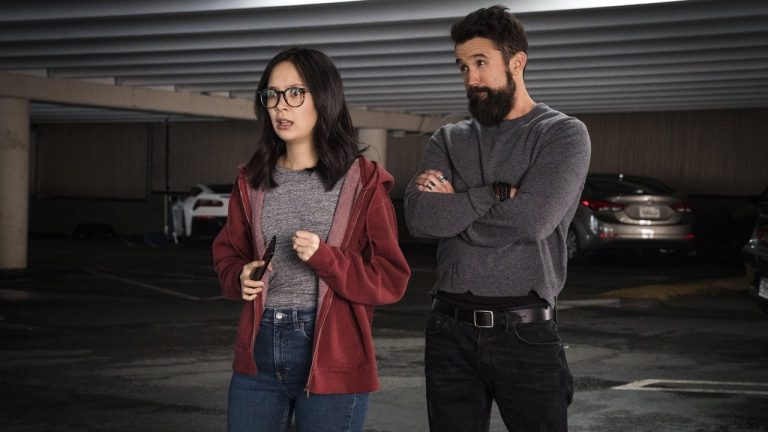
![Slightly Overrated Films: Moonlight [2016] (and Boyhood [2014])](https://79468c92.delivery.rocketcdn.me/wp-content/uploads/2017/03/moonlight-768x432.png)
